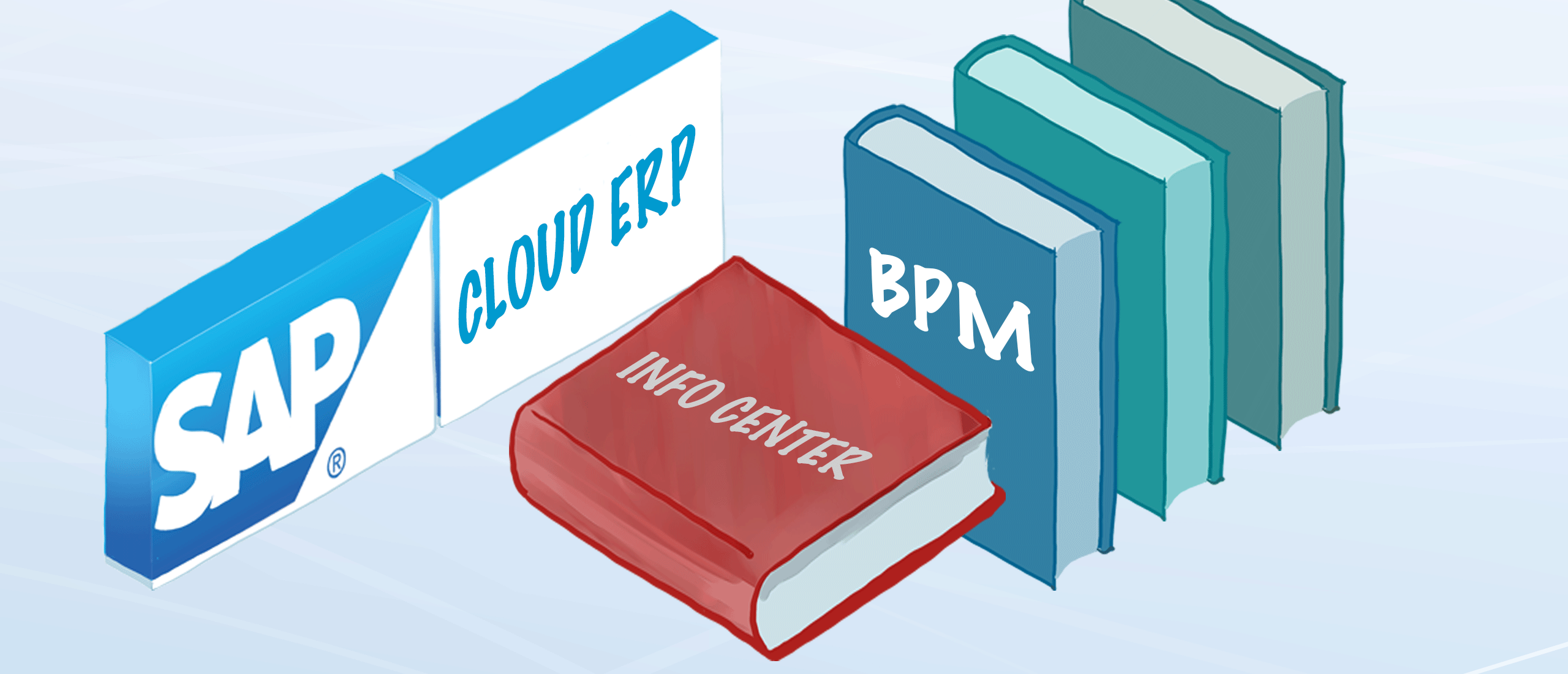
BPM | Digital Transformation
SAP Digital Transformation Framework
Digital transformation has become a non-stopping phenomenon for our economy with the advent of unlimited wireless Internet access and unlimited computing capacity. The SAP Digital Transformation Framework helps to get clearness in defining the right directions in this digital journey.
The ongoing technological developments require each organization to respond quickly to the changing demands of " Customer Experiences" . There is a serious need for urgency, as new competitors including new business models, could suddenly threaten your business. Think about the recent introductions of Uber, Alibaba and Booking.com and the impact these organizations have had to the existing business models. You can not miss the need for digital transformation.
From standardization to Innovations
Over the last decades, organizations has invested in standardizing activities, but the complexity of the organization, the processes and systems impede a rapid adaption of the new digital market demands. The time has come to simplify the business model and innovate by deploying new cloud-based technologies: Set business objectives and customer focus and choose the right course!
The five pillars of a Digital Framework:
- Customer experience across all channels (omni-channel eCommerce)
- Cooperation with suppliers (products, services, hours and expenses)
- Internal business processes (finance, logistics, R & D, production, sales)
- Employees and temporary staff
- Real-time insights and predictive information
Sharing our experiences to define your Digital Transformation Roadmap
Scheer Netherlands has experience with SAP Digital Transformation Framework. We do offer you free an Orientation Session in which the SAP Framework options based on the SAP Business Scenarios Recommendations are discussed.
To summarize: The Power of Digital Transformation
- Creating value in the digital economy
- From standardization for simplicity and innovation
- Achieving successful "Customer Experience"
- Digitizing processes
- Comprehensive cooperation in the value chain
